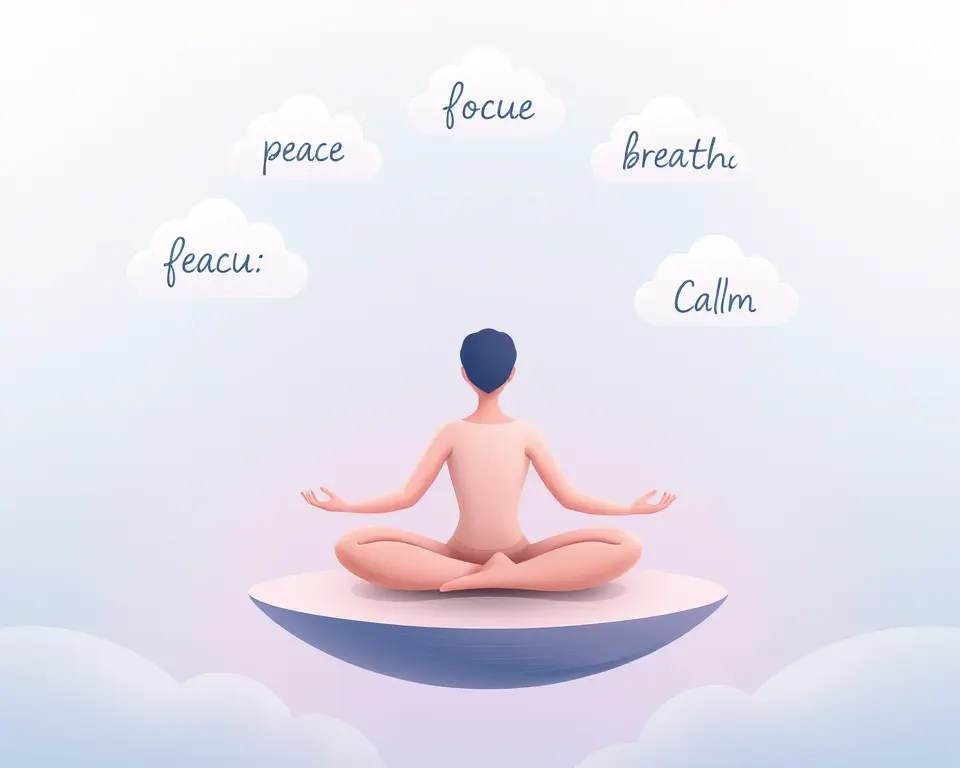As we move further into 2025, many people’s New Year’s resolutions may have already faded. If improving your mental health was among your goals, now is the ideal moment to refocus and ensure your mental well-being remains a priority. Staying proactive about mental wellness yields lasting benefits for your emotional and physical health. Here are five ways to stay focused beyond resolutions and make mental health a priority in 2025.
Build a Strong Support Network
The Importance of Social Connections
Surrounding yourself with supportive friends, family, and mentors provides essential emotional support. A robust social network helps prevent feelings of isolation and promotes resilience. Research indicates that social support plays a crucial role in maintaining good mental health.
How to Cultivate Your Network
- Reach out: Don’t hesitate to connect with loved ones and be open about your feelings.
- Join groups: Participate in community activities or groups with shared interests to meet new people.
- Seek mentors: Find individuals who inspire you and can offer guidance and support.
Emphasize Sleep for Mental Clarity
Why Sleep Matters
Adequate sleep is fundamental to mental well-being. Insufficient sleep can negatively affect emotional regulation and cognitive function.
Tips for Prioritizing Restful Sleep
- Establish a routine: Maintain a consistent sleep schedule, even on weekends.
- Create a calming bedtime ritual: Engage in relaxing activities like reading or taking a warm bath before bed.
- Optimize your sleep environment: Ensure your bedroom is dark, quiet, and cool.
Limit Social Media Consumption
The Impact of Social Media
Studies have linked excessive social media use to a higher risk of depression and anxiety, especially among young people. It’s important to remember that social media often presents an unrealistic view of others’ lives.
Strategies for Reducing Social Media Use
- Set time limits: Use apps or built-in features to restrict your daily social media usage.
- Be mindful of content: Unfollow accounts that trigger negative emotions or compare yourself to others.
- Invest in offline relationships: Focus on real-life interactions and activities that bring you joy.
Don’t Hesitate to Consult Your Doctor
The Role of Primary Care Physicians
Your primary care physician (PCP) can provide valuable insights and care for your mental health concerns. Seeking help is a sign of strength, not weakness.
How Your PCP Can Help
- Initial assessment: Your PCP can assess your mental health and provide initial guidance.
- Referrals: If needed, your PCP can refer you to mental health specialists.
- Ongoing support: Establishing a relationship with a PCP ensures you have a trusted healthcare provider for your overall well-being.
Explore Digital Self-Help Tools
The Benefits of Digital Resources
For mild behavioral health concerns, digital self-help tools and virtual coaching can be a great starting point.
Types of Digital Tools Available
- Mental health apps: Numerous apps offer guided meditations, mood tracking, and other self-help resources.
- Virtual coaching: Online platforms provide access to coaches who can offer support and guidance.
- Online support groups: Connect with others facing similar challenges in a virtual support group setting.
By integrating these strategies into your daily life, you can proactively prioritize your mental health and foster a more balanced and fulfilling 2025. Remember, small, consistent efforts can lead to significant improvements in your overall well-being.










